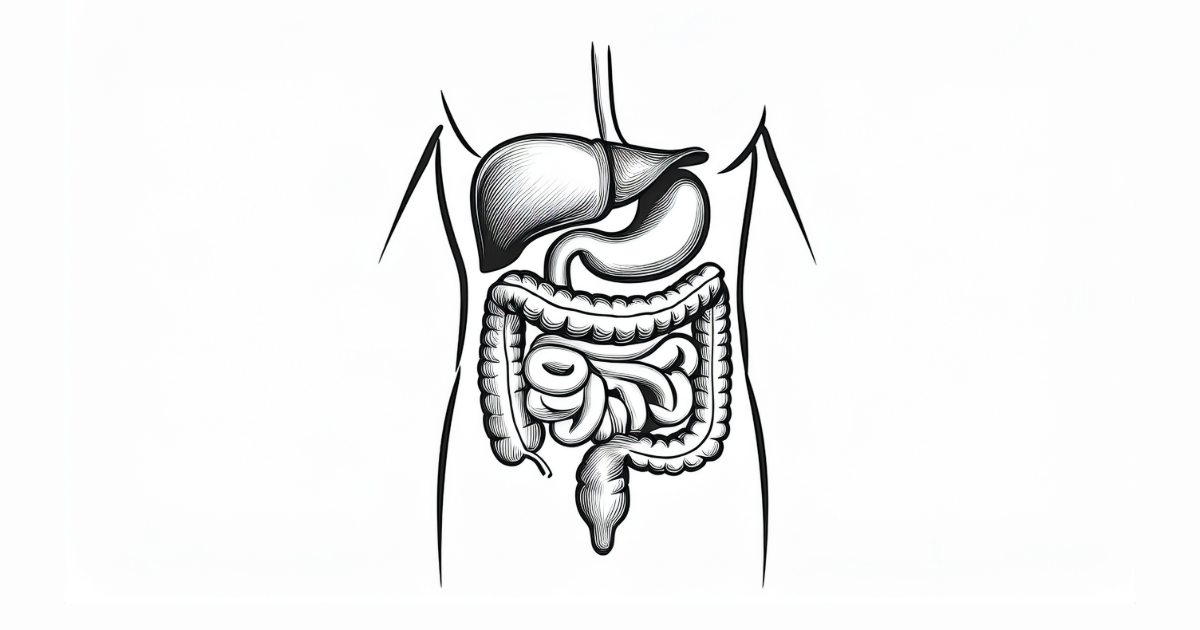Combination therapy with cadonilimab, a first-in-class bispecific antibody targeting both PD-1 and CTLA-4, and chemotherapy offers encouraging antitumor activity and manageable safety as a first-line treatment for patients with advanced esophageal squamous cell carcinoma (ESCC), according to findings from a phase 2 study (NCT05522894).1
The trial successfully met its primary end point, achieving an objective response rate (ORR) of 81.4% (95% CI, 66.6%–91.6%) and a disease control rate (DCR) of 97.7% (95% CI, 86.2%–99.9%) The median progression-free survival (PFS) was 7.10 months (95% CI, 5.68–8.48), with overall survival (OS) data still immature.
The authors note that the ORR of 81.4% is numerically superior to the 69.3%–72.1% rates reported in phase 3 trials of PD-1 inhibitors plus chemotherapy (ESCORT-1st2 and JUPITER 063), though they caution that cross-trial comparisons should be interpreted with care due to differences in patient populations.1
Notably, the treatment showed significant efficacy across all patient subgroups, irrespective of PD-L1 expression levels. Patients with a low PD-L1 combined positive score (CPS) of < 1 achieved an ORR of 87.5% (95% CI, 47.9%–99.7%) and a median PFS of 8.41 months, suggesting the combination could be a potent new option for a difficult-to-treat population.
Study Overview and Rationale
The trial was designed to address the unmet need for more effective first-line treatments for advanced ESCC, a malignancy with a poor prognosis. While the current standard of care—a PD-1/PD-L1 inhibitor combined with chemotherapy—has improved outcomes, a significant portion of patients do not achieve durable responses.
“The blockade of both PD-1 and CTLA-4 strengthens the tumor immune response and achieves an effect more than merely additive,” study authors wrote.
The study was an open-label, single-arm, multicenter phase 2 study conducted in 3 hospitals in China. The primary end point was ORR, with PFS, DCR, OS, and safety as secondary end points.
A total of 43 patients were enrolled between February 2023 and April 2024. All patients had an ECOG performance status of 0 or 1 and had not received prior systemic treatment for advanced disease.
The treatment regimen consisted of a combination phase of 10 mg/kg cadonilimab administered intravenously (IV) on day 1 of a 21-day cycle and paclitaxel or nab-paclitaxel and cisplatin on day 1. This was continued for up to 6 cycles. Following this phase, patients continued with cadonilimab monotherapy every 21 days until disease progression, unacceptable toxicity, or a maximum of 24 months.
Safety and Tolerability Profile
The safety profile of cadonilimab plus chemotherapy was considered manageable, with no new or unexpected safety signals observed. All 43 patients (100%) experienced a treatment-related adverse event (TRAE) of any grade; 53.5% (n = 23) of patients experienced a grade 3 or 4 TRAE. No grade 5 TRAEs occurred.
All-grade immune-related AEs (IRAEs) were observed in 19 patients (44.2%). Grade 3 to 4 IRAEs occurred in 5 patients (11.6%).
TRAEs led to the discontinuation of cadonilimab in 7 patients (16.3%).
Exploratory Biomarker Analysis: DNA Methylation
The study conducted an exploratory analysis of cell-free DNA (cfDNA) methylation as a potential biomarker for treatment response, yielding highly significant results.
A unique 5-gene methylation panel (APBA2, EPAS1, TRIM58, ITPKA, LINC00554) was identified that could stratify patients into response groups. The average methylation level of this 5-CpG signature before treatment robustly predicted outcomes. A higher baseline methylation level (hypermethylation) was significantly associated with nonresponders (P <.001).
Using a 35% methylation level as a threshold, patients with < 35% baseline methylation had a 100% response rate (19 of 19 achieved partial response). Patients with >35% baseline methylation had only a 35.3% response rate (6 of 17 responded).
Posttreatment analysis revealed that responders tended to have stabilized methylation levels, while non-responders exhibited global hypomethylation. This suggests that cfDNA methylation could serve not only as a static predictive biomarker but also as a dynamic tool for real-time monitoring of tumor-immune interactions.
